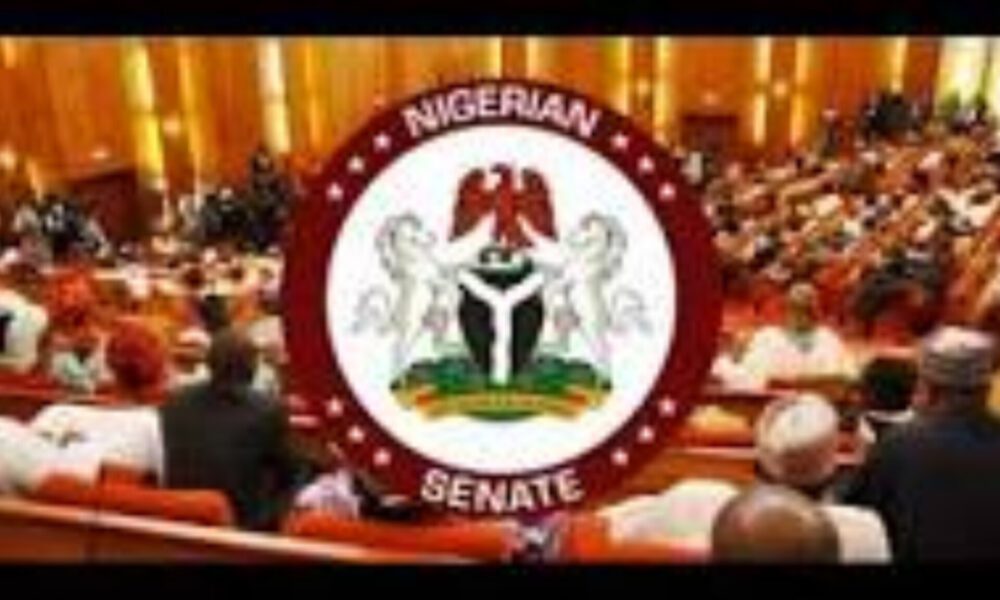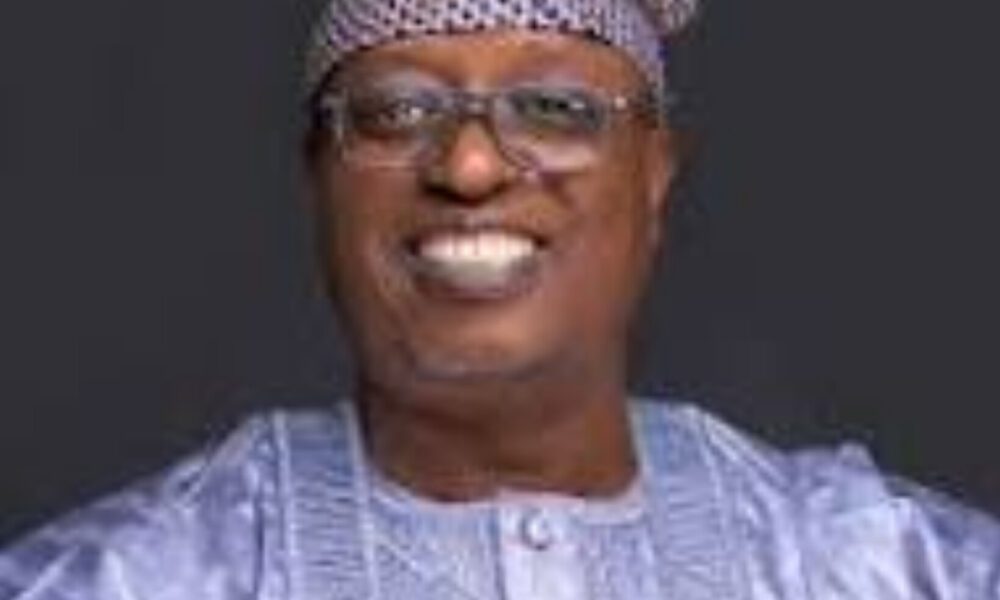The Senate has resolved to settle for a proposal for a national summit on education aimed at tackling the pressing issue of over 20 million out-of-school children in the country.
The alarming statistic was highlighted during a session on Wednesday, where senators discussed the report from the Committee on Education (Basic and Secondary), led by Sen. Usman Adamu from Kaduna-Central while Senator Victor Umeh seconded the motion.
The United Nations Children’s Fund (UNICEF) estimated that approximately 18.3 million children in Nigeria are not enrolled in school, with 10.2 million of these being of primary school age and 8.1 million out of junior secondary school, according to Dr. Tushar Rane, UNICEF’s Chief of Field Office in Bauchi.
During the discussion, many senators expressed grave concerns over the implications of such a high number of out-of-school children.
Senate President Godswill Akpabio emphasized the potential link between this issue and rising insecurity, labeling the situation a “time bomb” that could lead to increased banditry and criminal activity.

“If we can solve the problem of out-of-school children in Nigeria, we can solve banditry,” Akpabio stated, highlighting the potential risks posed by uneducated youth. He recounted the story of a senator unable to visit his constituency for five years due to bandit control in the area.
Various senators, including the Senate President Emeritus Ahmad Lawan and Senator Henry, commended the report but emphasize that the crisis extends beyond out-of-school children, touching on national security and leadership failure.
They suggested practical steps, such as formulating a clear national policy, addressing funding concerns, preventing abuse in the school feeding program, and fostering collaboration between federal, state, and local governments.
The senators also called for a national summit involving stakeholders at all levels to create a coherent educational strategy. The emphasis is on moving beyond temporary fixes to long-term structural solutions, particularly regarding security, stability, and education investment.




